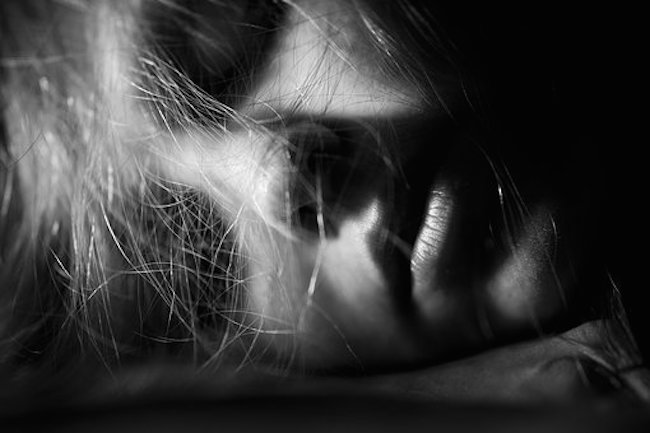People React Better To Both Negative And Positive Events With More Sleep from UBC for Natural Blaze
New research from UBC finds that after a night of shorter sleep, people react more emotionally to stressful events the next day–and they don’t find as much joy in the good things. The study, led by health psychologist Nancy Sin, looks at how sleep affects our reaction to both stressful and positive events in daily life.
“When people experience something positive, such as getting a hug or spending time in nature, they typically feel happier that day,” says Nancy Sin, assistant professor in UBC’s department of psychology. “But we found that when a person sleeps less than their usual amount, they don’t have as much of a boost in positive emotions from their positive events.”
People also reported a number of stressful events in their daily lives, including arguments, social tensions, work and family stress, and being discriminated against. When people slept less than usual, they responded to these stressful events with a greater loss of positive emotions. This has important health implications: previous research by Sin and others shows that being unable to maintain positive emotions in the face of stress puts people at risk of inflammation and even an earlier death.
Using daily diary data from a national U.S. sample of almost 2,000 people, Sin analyzed sleep duration and how people responded to negative and positive situations the next day. The participants reported on their experiences and the amount of sleep they had the previous night in daily telephone interviews over eight days.
“The recommended guideline for a good night’s sleep is at least seven hours, yet one in three adults don’t meet this standard,” says Sin. “A large body of research has shown that inadequate sleep increases the risk for mental disorders, chronic health conditions, and premature death. My study adds to this evidence by showing that even minor night-to-night fluctuations in sleep duration can have consequences in how people respond to events in their daily lives.”




